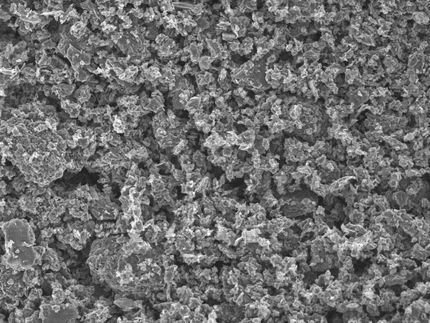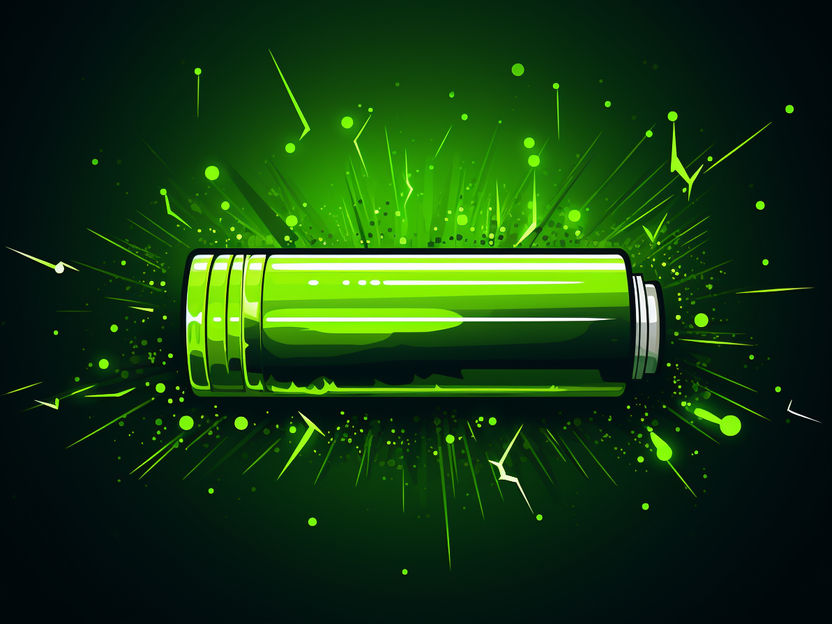First Bose-Einstein condensate of erbium produced
Francesca Ferlaino’s research team at the University of Innsbruck is the first to successfully create a condensate of the exotic element erbium. The Innsbruck experimental physicists hold the world record in attaining the first Bose-Einstein condensates of different chemical elements.
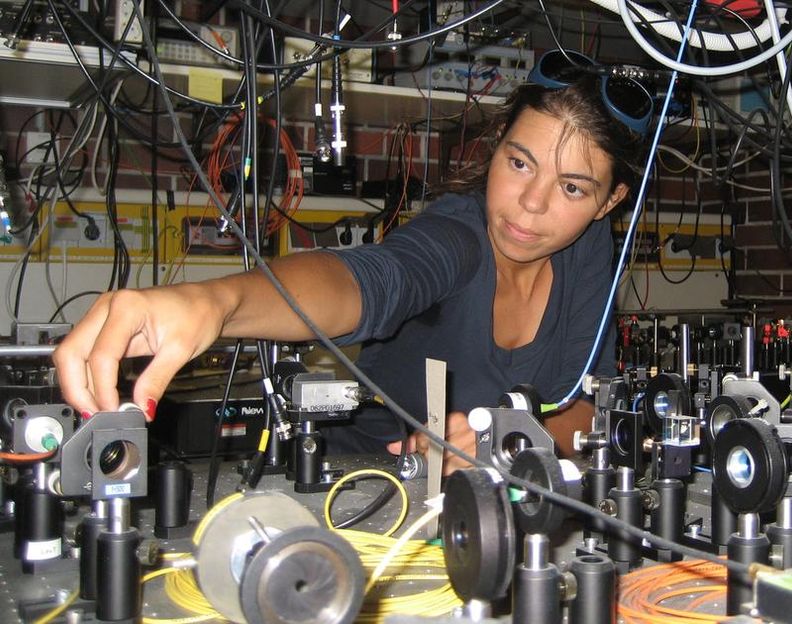
Francesca Ferlaino
University of Innsbruck
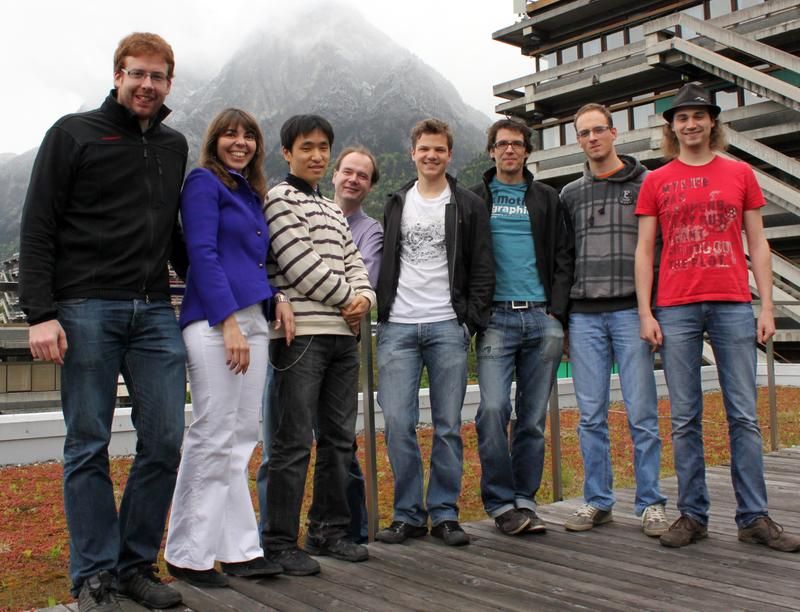
Francesca Ferlaino and her team at the Institute of Experimental Physics in Innsbruck, Austria
University of Innsbruck
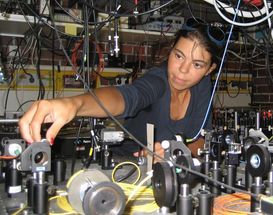
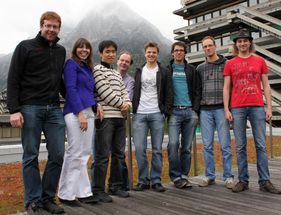
Ultracold quantum gases have exceptional properties and offer an ideal system to study basic physical phenomena. By choosing erbium, the research team led by Francesca Ferlaino from the Institute of Experimental Physics, University of Innsbruck, selected a very exotic element, which due to its particular properties offers new and fascinating possibilities to investigate fundamental questions in quantum physics. “Erbium is comparatively heavy and has a strongly magnetic character. These properties lead to an extreme dipolar behavior of quantum systems,” says Ferlaino. Together with her research group, she found a surprisingly simple way to deeply cool this complex element by means of laser and evaporative cooling techniques. At temperatures close to absolute zero, a cloud of about 70,000 erbium atoms forms a magnetic Bose-Einstein condensate. In a condensate, the particles lose their individual properties and synchronize their behavior. “Experiments with erbium enable us to gain new insights into the complex interaction processes of strongly correlated systems and, in particular, they offer new starting points to study quantum magnetism with cold atoms,” says Francesca Ferlaino. The young scientist was awarded the Austrian START prize in 2009 and she received an ERC (European Research Council) Starting Grant in 2010. “With attaining the Bose-Einstein condensate barely a year after we started, we have already achieved one of the most important goals of the project,” says a proud Francesca Ferlaino. “This shows the importance of grants for young scientists and how crucial the support from the University of Innsbruck and the Institute for Experimental Physics has been for me and my team.” Also Nobel laureate Eric Cornell congratulated the Innsbruck researchers: “Lovely new baby. Its parents must be very proud!”
Quantum capital Innsbruck adds another superlative
Cesium, strontium and erbium are the three chemical elements that the physicists in Innsbruck have condensated successfully in the last few years. An important breakthrough was made by Rudolf Grimm and his research group in 2002 when they achieved condensation of cesium, which led to numerous scientific findings in the years to follow. START awardee Florian Schreck, a member of Rudolf Grimm’s research group, was the first to realize a condensate of strontium in 2009. And now Francesca Ferlaino accomplished this feat with the element erbium. Until now a total of 13 elements have been condensated worldwide. Ten of these condensates were created by ten different international research groups. In 2001 Eric Cornell, Wolfgang Ketterle and Carl Wieman were awarded the Nobel Prize in physics for producing the first Bose-Einstein condensates. The new condensate of erbium, now produced for the first time in Innsbruck, is an excellent model system for miming fascinating effects arising from long-range interaction. This type of interaction is, for instance, at the basis of complex dynamics present in nature, such as occurring in geophysical vortices, in ferrofluids or in proteins while folding.
Original publication
Other news from the department science

Get the chemical industry in your inbox
By submitting this form you agree that LUMITOS AG will send you the newsletter(s) selected above by email. Your data will not be passed on to third parties. Your data will be stored and processed in accordance with our data protection regulations. LUMITOS may contact you by email for the purpose of advertising or market and opinion surveys. You can revoke your consent at any time without giving reasons to LUMITOS AG, Ernst-Augustin-Str. 2, 12489 Berlin, Germany or by e-mail at revoke@lumitos.com with effect for the future. In addition, each email contains a link to unsubscribe from the corresponding newsletter.
